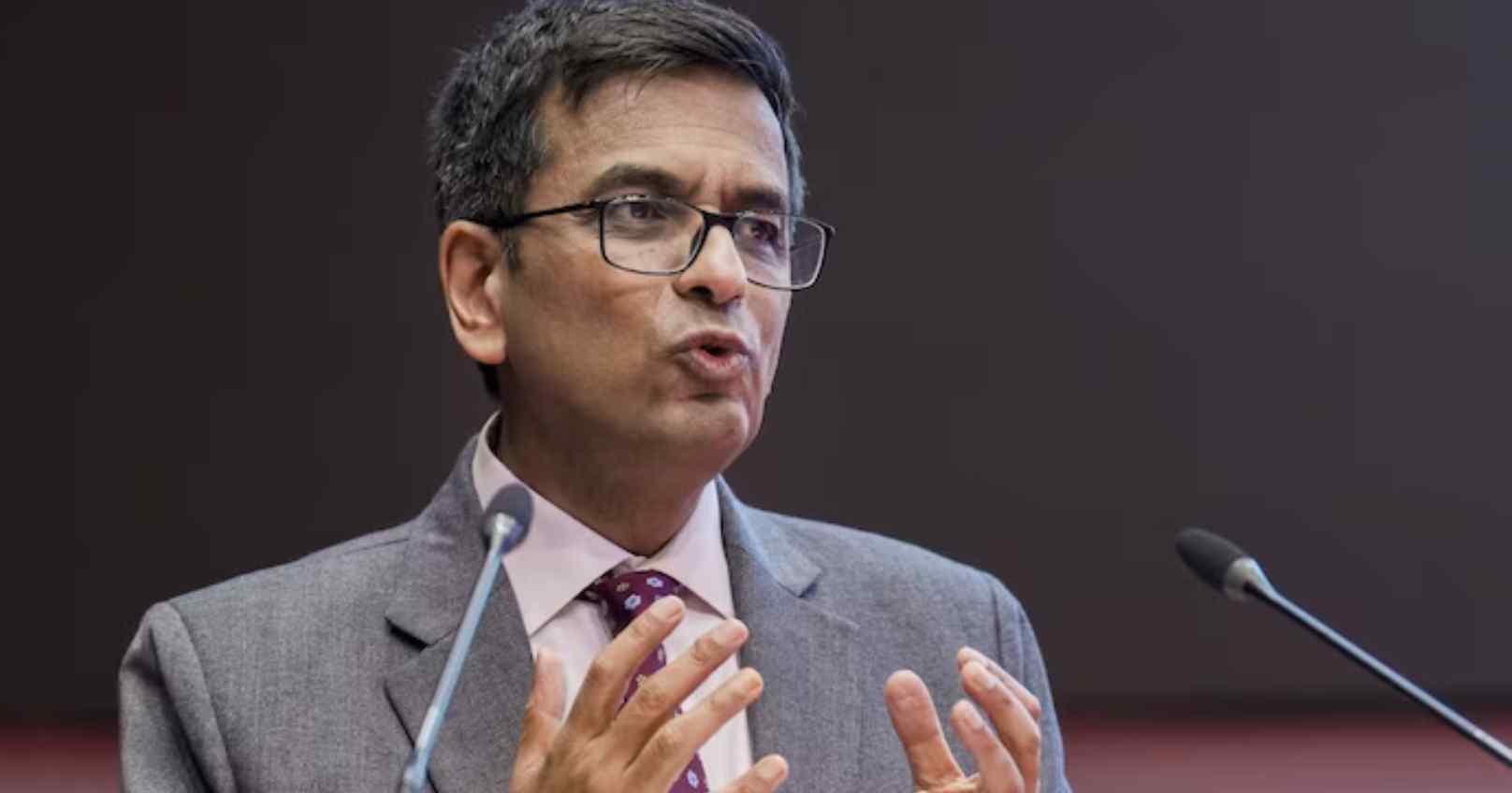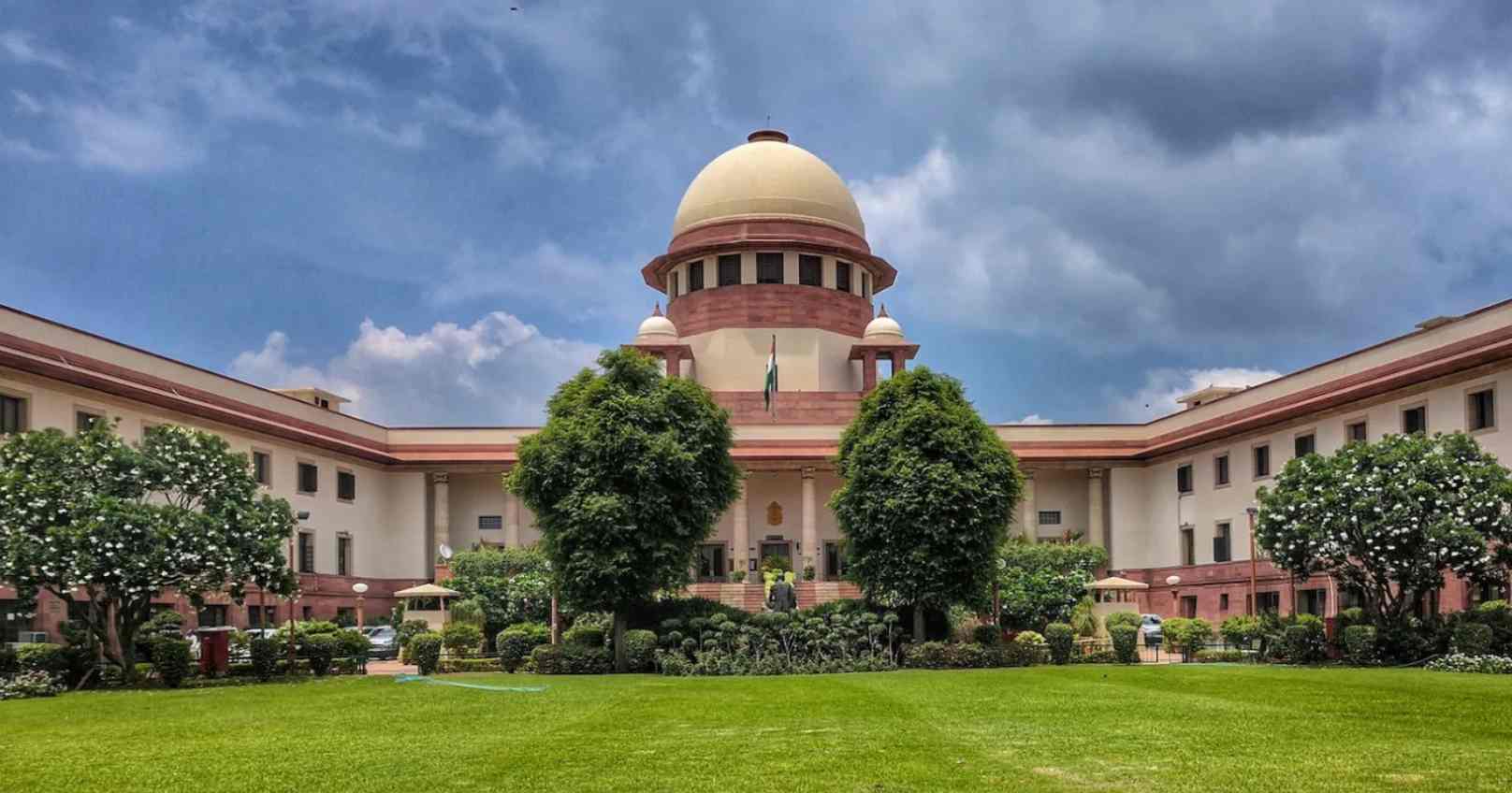In a progressive step aimed at making the Supreme Court more accessible to the media, Chief Justice of India (CJI) DY Chandrachud announced that a law degree would no longer be mandatory for journalists seeking accreditation to report on the Supreme Court.
Speaking to Bar and Bench, CJI Chandrachud explained, “We have made two key changes — just yesterday, I approved a file expanding the eligibility for accredited correspondents covering the Supreme Court. I wasn’t aware of the reason behind the previous requirement for journalists to hold a law degree, but we’ve now removed that condition.”
This policy shift allows reporters without a legal education to apply for accreditation, widening the pool of eligible journalists. Additionally, those accredited will now have access to parking within the Supreme Court premises.
Since assuming office on November 9, 2022, CJI Chandrachud, who is set to retire on November 8 this year, has implemented several reforms to enhance the functioning and accessibility of the court. Some of the key reforms introduced during his tenure include:
- Full bench capacity: The Supreme Court reached its full complement of 34 judges under his leadership, with the recent appointment of three new justices.
- Hybrid hearing system: The introduction of both virtual and physical hearings has accelerated the resolution of long-pending cases.
- Streamlined case management: A new system for case listings has improved the court's efficiency, ensuring that each bench hears 10 transfer petitions and 10 bail applications daily.
- Dedicated hearing days: The court now allocates specific days for hearing particular types of cases, such as criminal matters and arbitration disputes.
- Digital transformation: CJI Chandrachud spearheaded the shift to e-filing, reducing paperwork. As of May, nearly 10,000 new cases have been filed digitally.
- Increased petition handling: The court now processes about 5,500 letter petitions and 10,000 email petitions monthly, all handled digitally.
- Transparency initiatives: Supreme Court case data has been made publicly available via the National Judicial Data Grid (NJDG) portal.
- Gender equality and inclusivity: The court launched a Handbook on Combating Gender Stereotypes to eliminate biased language from judicial proceedings, and it has introduced gender-neutral facilities for the LGBTQIA+ community within the court.
The recent decision to ease accreditation rules for journalists aligns with CJI Chandrachud’s overarching goal of creating a more inclusive and transparent judiciary.







